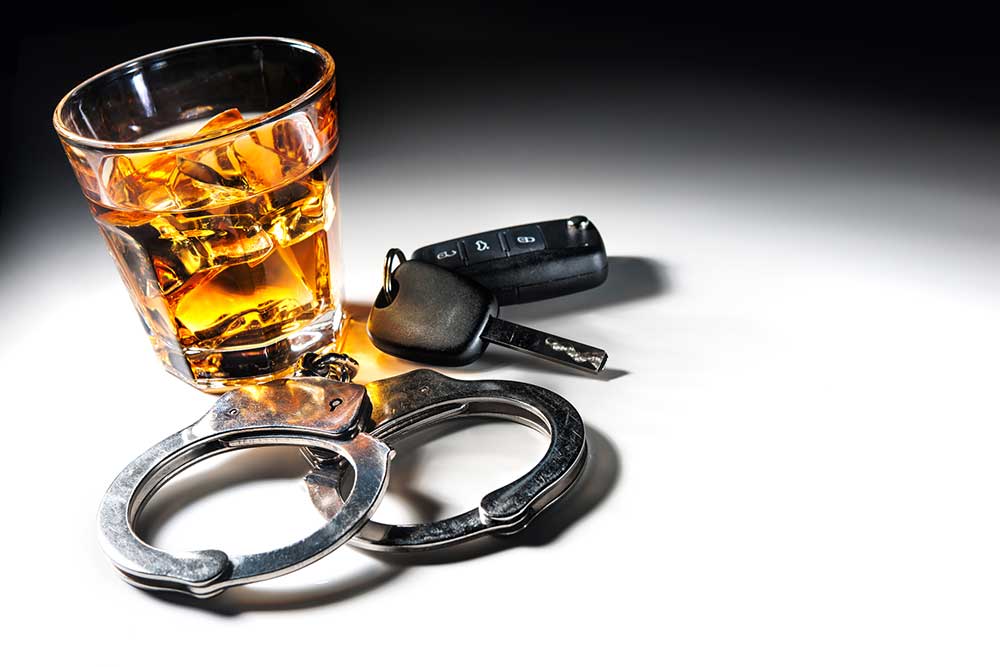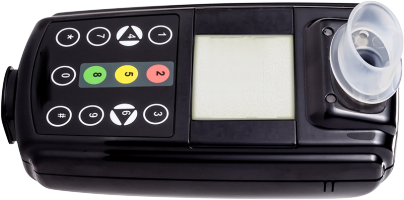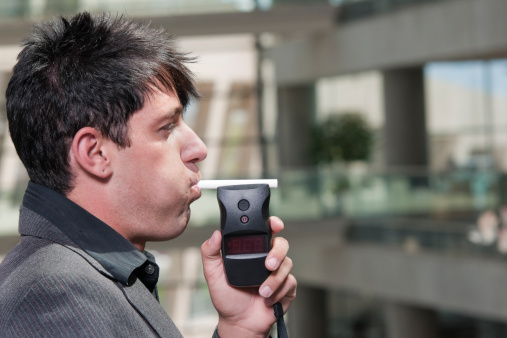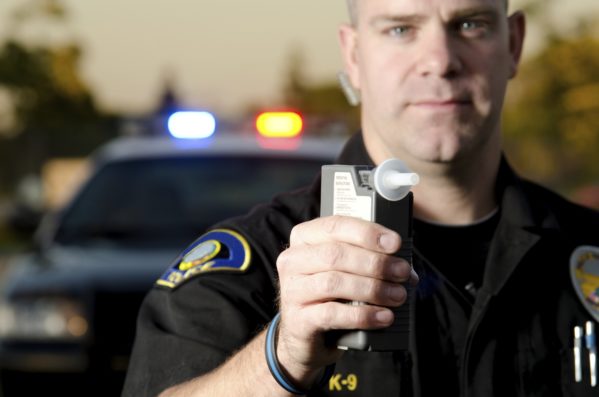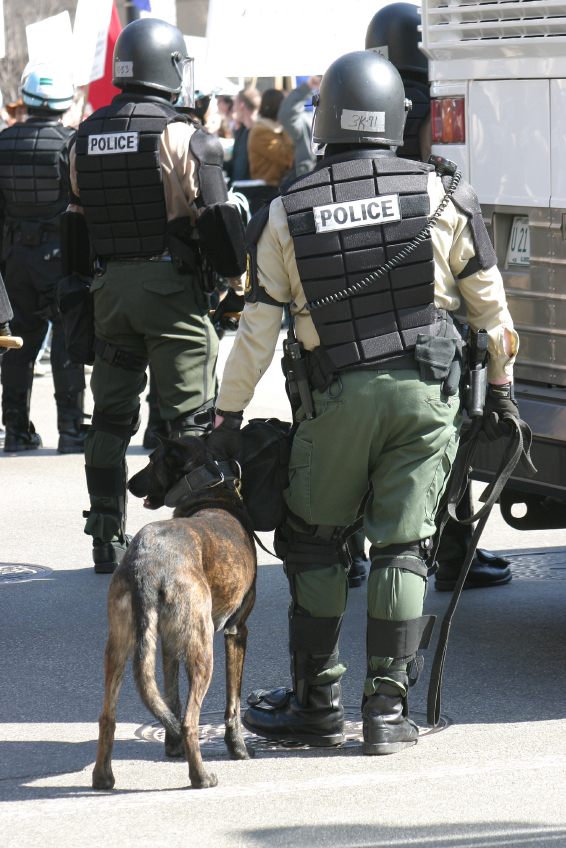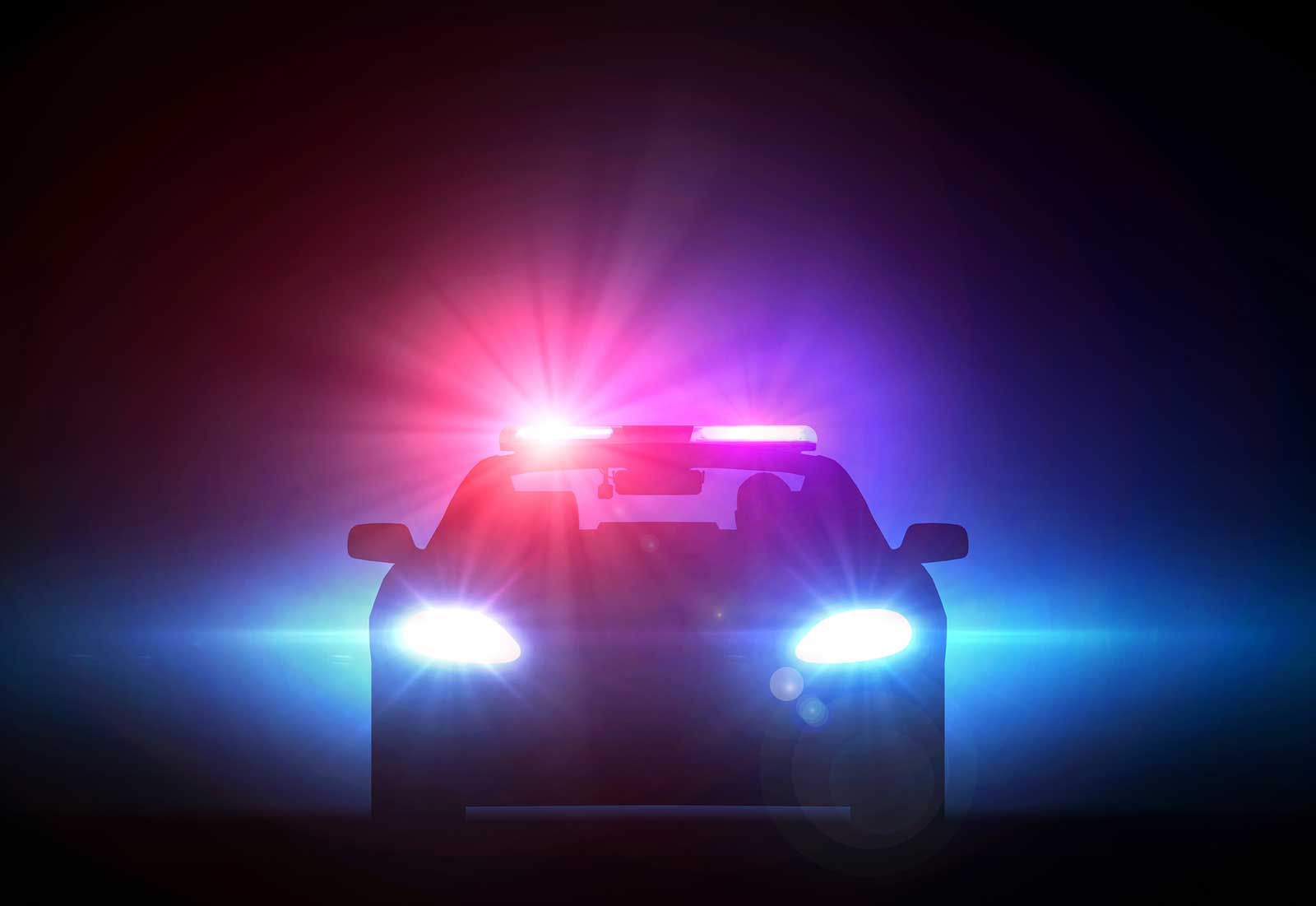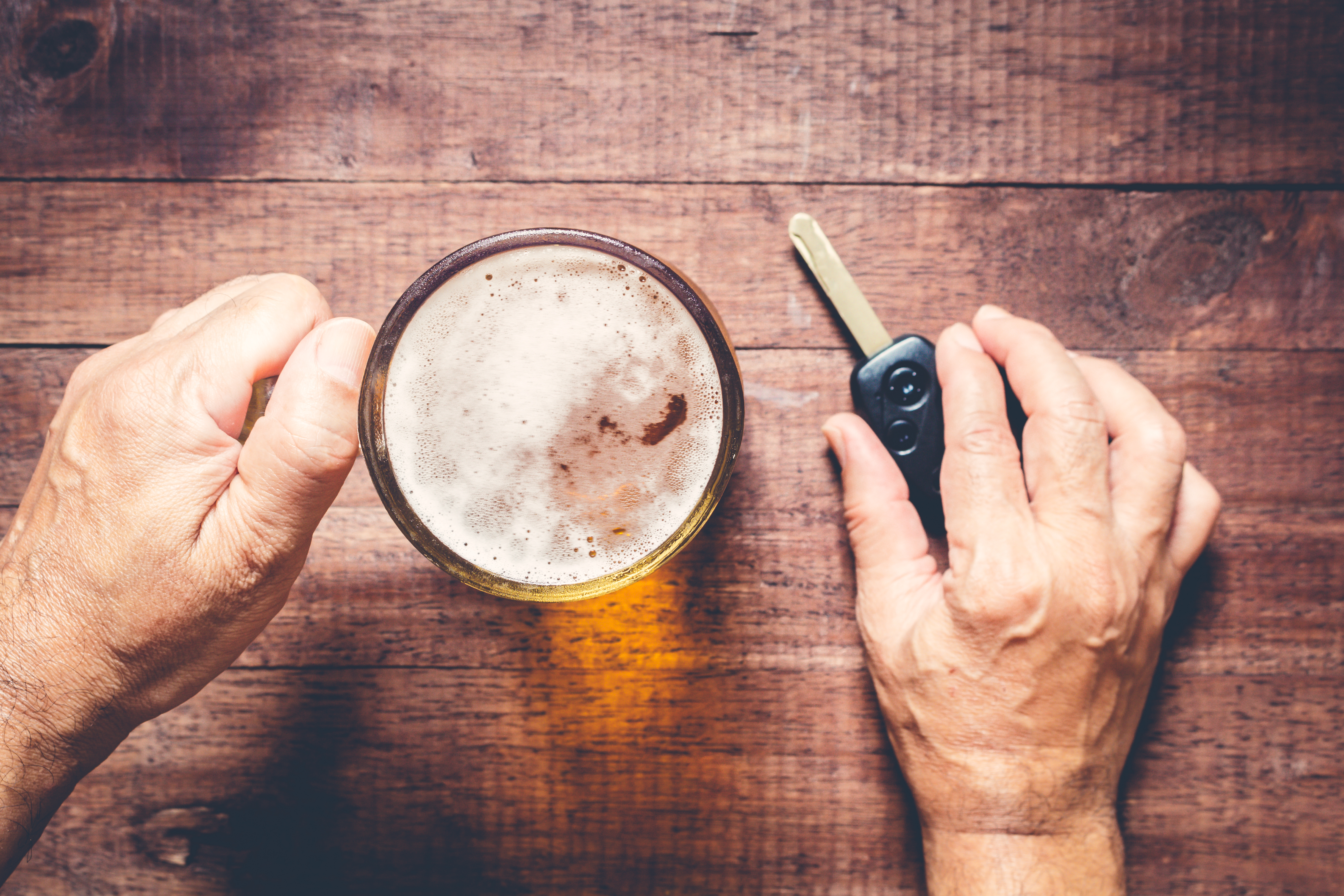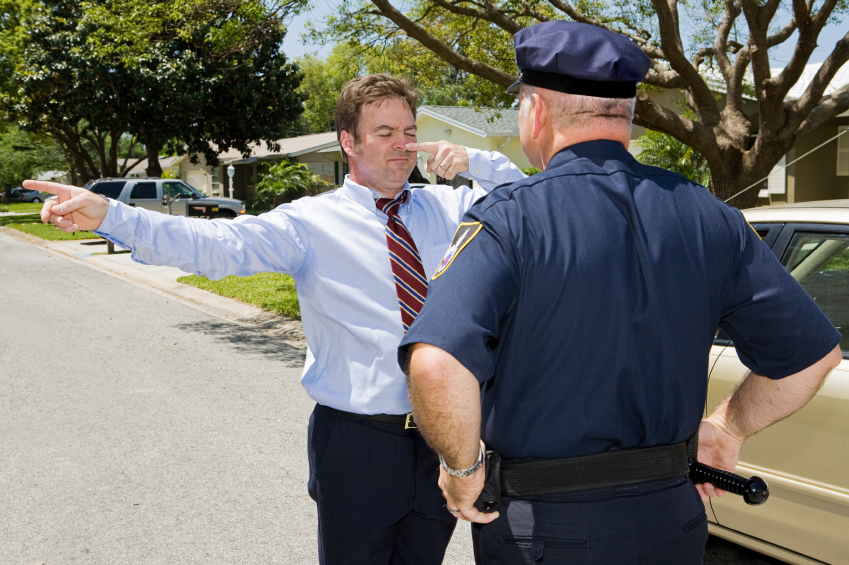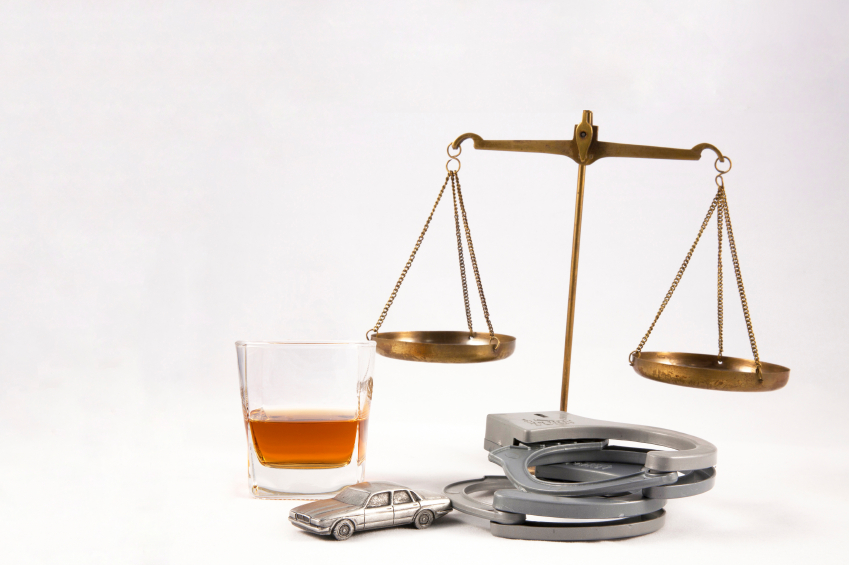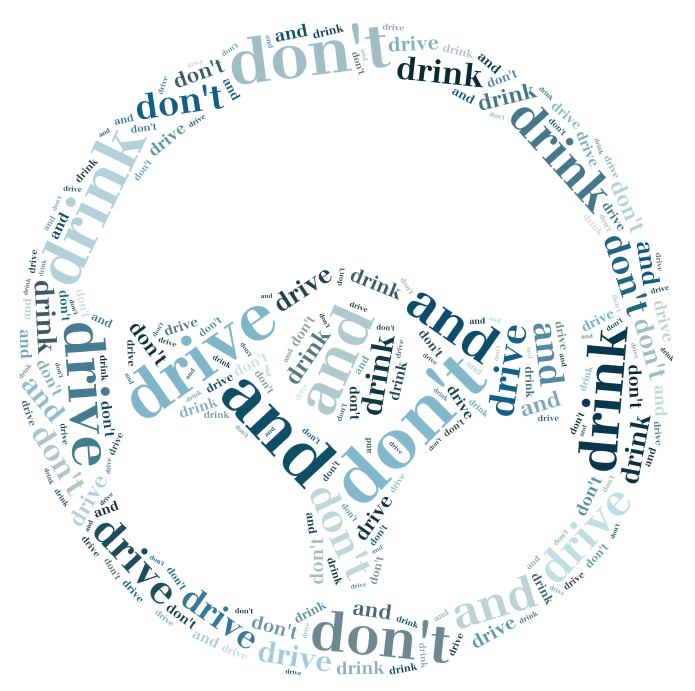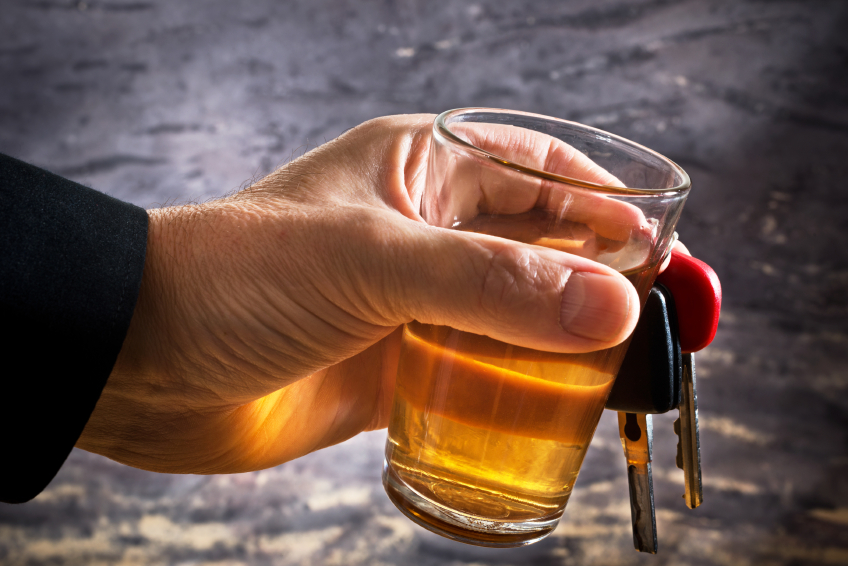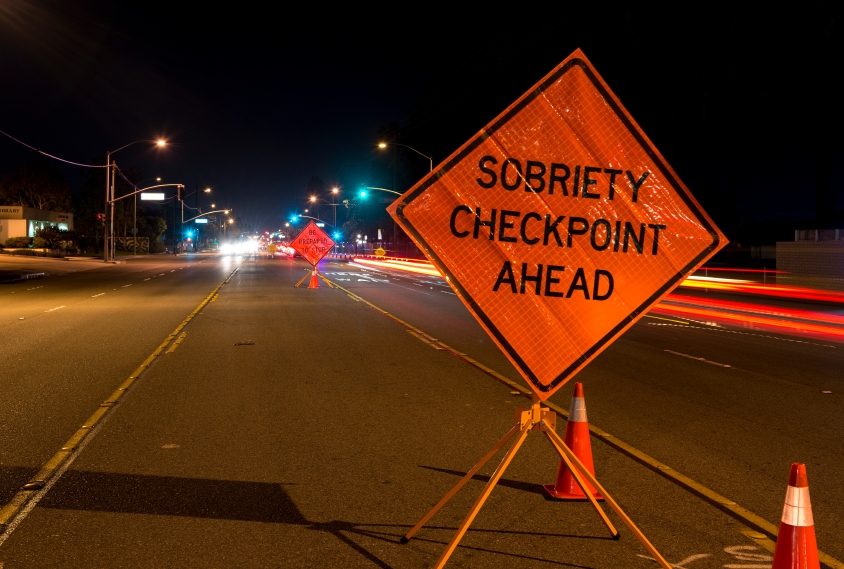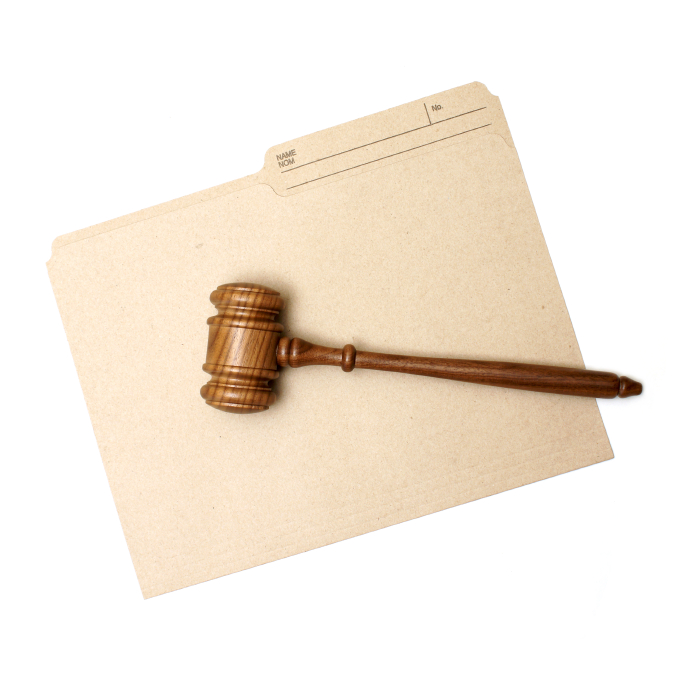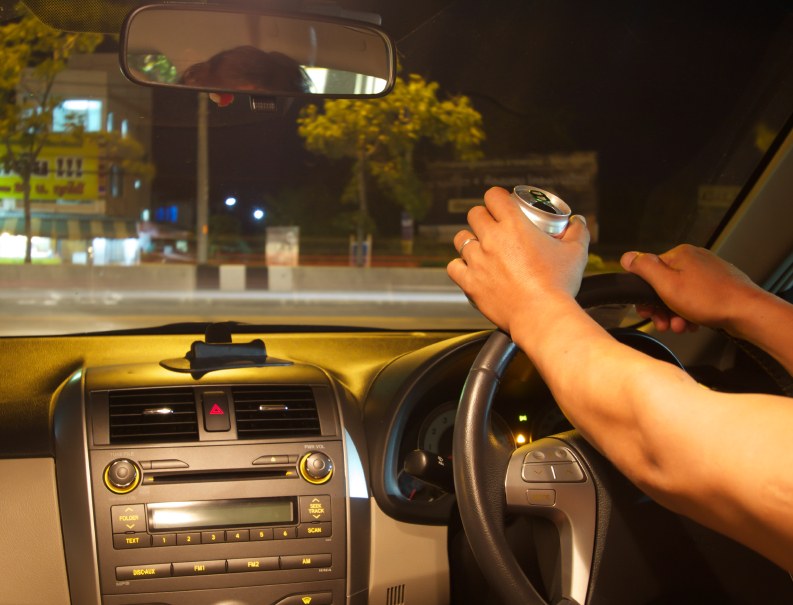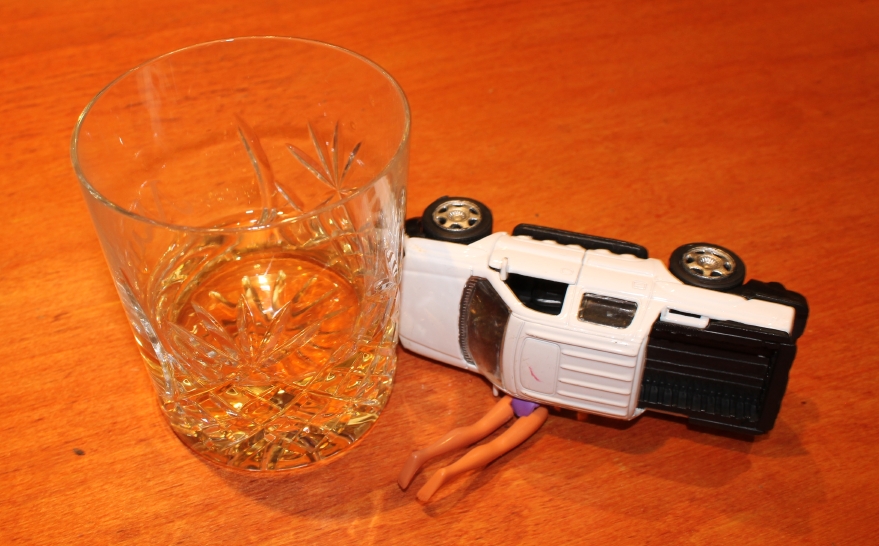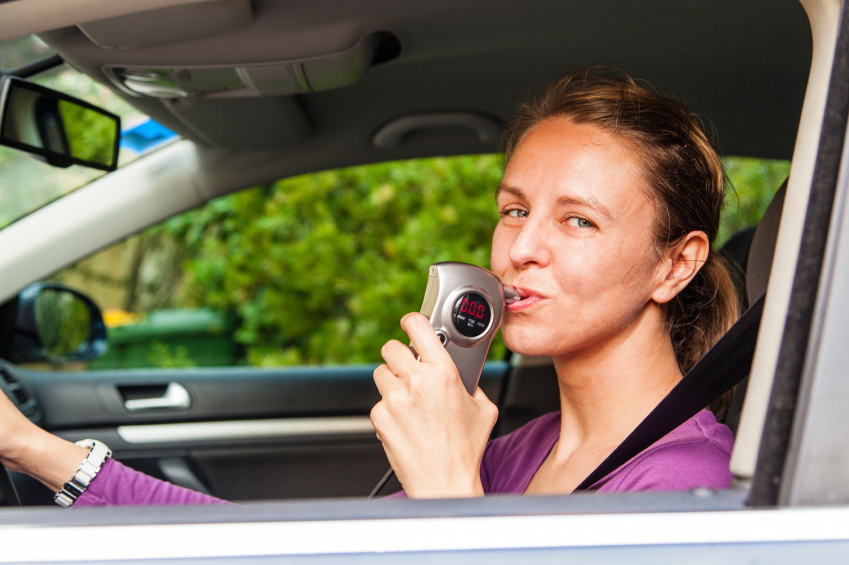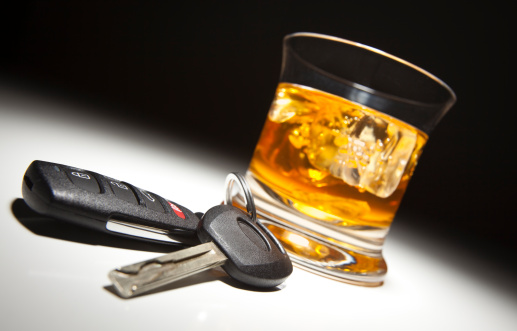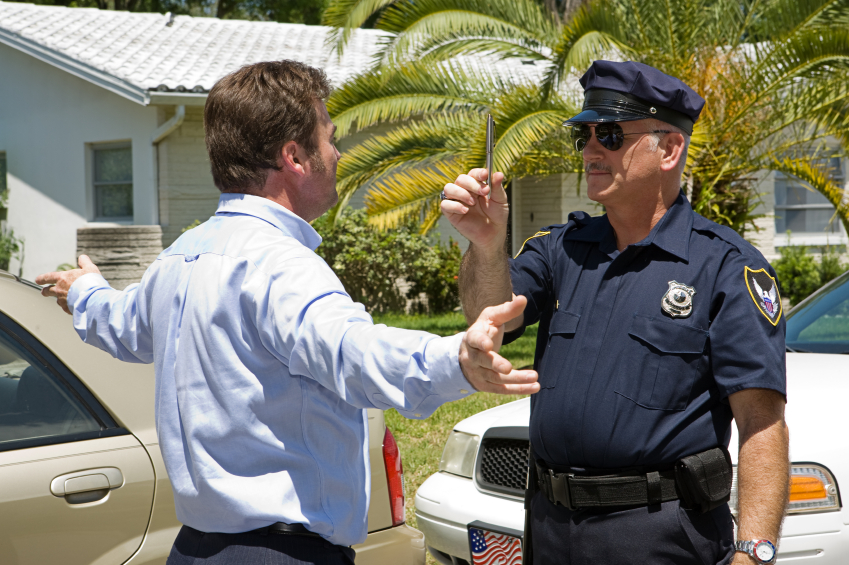
How to Successfully Navigate a Sobriety Check Point
Many driving under the influence charges seem to result from a driver having to go through an unexpected roadblock after a night of casual drinks.
While a sobriety checkpoint is a horrible inconvenience to begin with, later it can turn out to be your best asset if you have to go through a defense process.
If you’ve been charged at one of these roadblocks, you owe it yourself to have all the details carefully examined by a lawyer in order to explore your options and possible beat arrest.
Full Disclosure
More and more states are being required by the courts to show that sobriety checkpoints are reasonable. After going through your arrest details, a DUI lawyer will show you how you can force them to disclose and offer information on why the checkpoint was set up, the officers that worked it and the conduct of the officers.
All the officers need to comply with requests too.
Procedures At a Checkpoint
The law states that officers provide safe conditions and adequate lighting as well as a host of other elements to drivers.
They also need to have an accepted action plan for which cars will be stopped and how routine checks will be performed.
One of the big advantages of this process is that it gives lawyers plenty of leeway in questioning the fairness and details of the sobriety checkpoint.
Many things need to be done in proscribed manners and they need to be done correctly. The second a police department deviates from the mandated policy, lawyers can motion to suppress the evidence.
These types of motions can lead to dismissal or exclusion of the evidence and that can allow for a motion to dismiss the entire case.
These details can help show you how to move forward. For this reason, it’s often possible to completely get rid of roadblock evidence if, according to your details, something wasn’t done correctly by the arresting officer.
Avoiding Arrest At a Checkpoint
Knowing how a driver should behave and properly use their rights if they find themselves in an intimidating situation is critical.
For starters, everyone involved – and that includes the officers – should be polite and cooperative.
What’s more, you always have the right to remain silent and not have it used against you when used properly and in a civilized manner.
You should also always remember that any answer to an officer’s questions are likely to only be used against you as potential evidence. So be cooperative and polite and give the necessary identification such as license and registration when asked.
Just remember that officers are trained in ways to tactically ask you certain questions to try and get you to respond. You can always keep quiet.
Is It Time for a Lawyer?
If you have been charged or arrested at a sobriety checkpoint, it’s time to hire a lawyer. The team at DeMent Askew have ample experience with DWI cases and can help you to build your case. Call them at (919) 833-5555.

